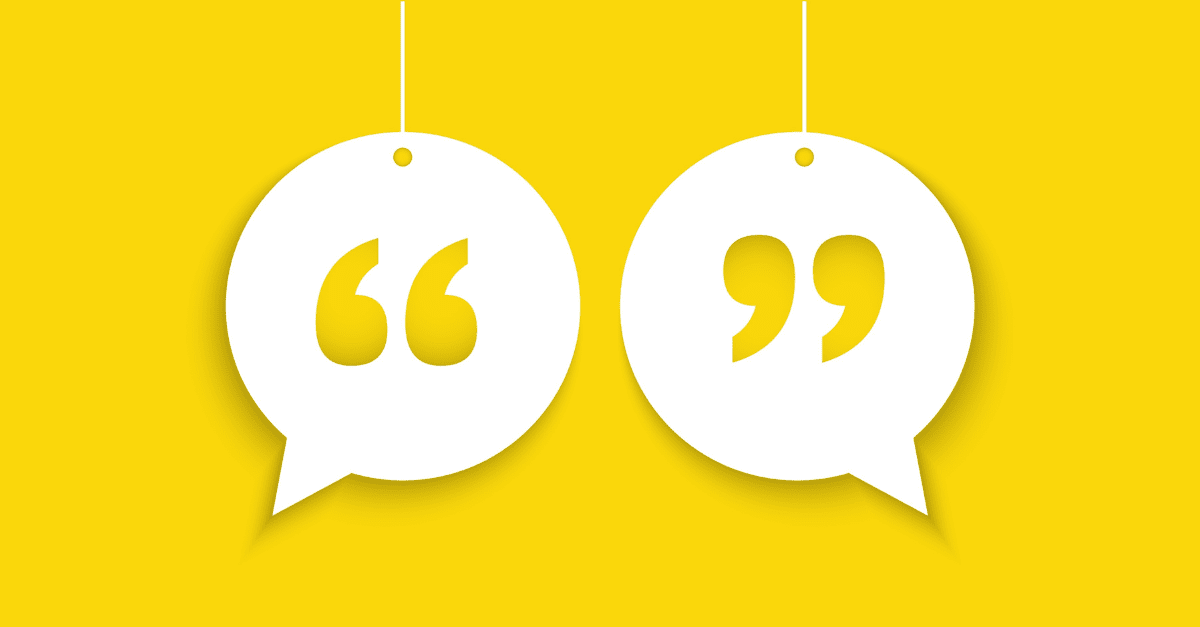
Busting The Referral Myth
I’ll admit, I used to be one of those referral evangelists, preaching the gospel of “always be asking” to anyone who would listen. But after years of playing the referral game, I’ve come to a rather controversial conclusion that some referrals are downright useless, and can end up wasting more time and energy than they’re worth.
Let’s be honest, we’ve all heard the spiel about referrals being the holy grail of lead generation. They’re touted as the quickest way to fill your pipeline, a shortcut to bypass the soul-crushing world of cold calling. After all, a warm introduction from a trusted source is like a golden ticket, right? Well, not necessarily.
The Importance of Qualifying Referrals
Think about it – how many times have you received a referral only to realize it’s a complete mismatch? The company is too small, the industry is out of your wheelhouse, or the contact person has a completely different set of needs than what you offer. You find yourself stuck in an awkward dance, trying to politely decline or justify why it’s not a good fit, all while hoping you haven’t offended the well-meaning referrer.
When you leave it up to your customer to figure out who they think would be a good referral, they won’t consider all the qualification points you do. They might not recognize that they’re a great client because they’re:
- focused on issues that fall within your offerings’ sweet spot
- using your solutions exactly like you want other customers to
- in a specific industry or a certain size company
- treating you as a trusted advisor
Suddenly you find yourself with a referral that’s less than ideal. It’s too small a company, has a completely different set of needs than you address, or is outside your industry expertise. It’s possible you could actually waste as much time following up on this unqualified introduction as you would cold calling! Mediocre connections won’t help you fill your pipeline.
Framing Your Referral Request
So, how do you ensure you’re getting the referrals you actually want? It’s all about setting the stage and framing your request in a way that leaves no room for ambiguity.
First, you need to paint a vivid picture of your ideal referral for your client. Describe the characteristics of your best customers – the ones who truly understand and appreciate the value you bring to the table. Are they in a specific industry? A certain size? Facing particular challenges that your offerings are uniquely equipped to solve?
But don’t stop there. Take it a step further and highlight the specific qualities that make your best clients so successful. Maybe it’s their willingness to embrace your recommendations as a trusted advisor, or their commitment to implementing your solutions in a particular way. Whatever it is, spell it out and make it part of your request.
There are two parts to framing your referral request.
- Say, “someone like you who…” – and fill in the blank with the profile of your ideal referral.
- Then add, “someone who needs …” – and include the classic challenges, issues or needs you address.
Demand the Best
Now, I can already hear the objections from the peanut gallery: “But you’re being too picky! You’re going to miss out on opportunities!” To which I say, nonsense. I’m not being a referral snob; I’m being strategic. I’m valuing my time and resources, and focusing my efforts on the leads that have the highest potential for success. The biggest waste of time for sales professionals is spending it on the wrong prospects.
The Bottom Line
Think about it this way: if you’re going to invest the time and energy into following up on a referral, nurturing that relationship, and ultimately working to close the deal, shouldn’t you demand the highest quality leads? Shouldn’t you expect introductions to companies and contacts that are primed and ready for what you have to offer?
Call me a referral snob if you must, but I prefer to think of myself as a lead quality connoisseur. And in this game, settling for anything less than the best is simply not an option.
Learn more about how to ask for and get high-quality referrals on Sales Gravy University the world’s most powerful sales training engine.
About the author
Get FREE Sales Training Delivered to Your Inbox
Join more than 360,000 professionals who get our weekly newsletter.
Related Articles

Learn Online
Self-paced courses from the
world's top sales experts

Virtual Training
Live, interactive instruction in small
groups with master trainers

Coaching
One-to-one personalized coaching
focused on your unique situation






